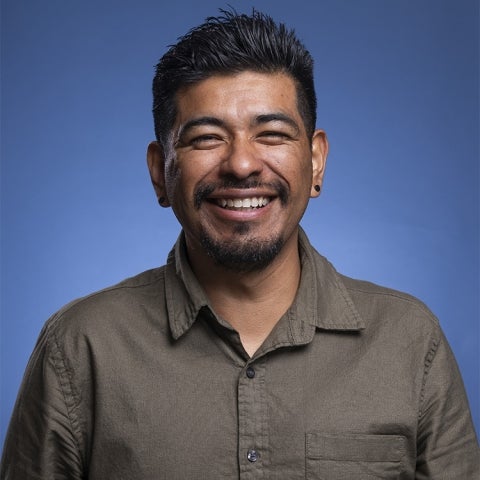Conference on the Americas features Chilean leader and activist Elisa Loncón Antileo

Elisa Loncón Antileo (pictured), a globally recognized activist who headed up Chile’s rewriting of its constitution to include gender equality and fortified environmental protections, will headline a two-day conference at UC Santa Barbara focused on Indigenous cultures of Central and South America.
The conference, Political Reconfigurations, Cultural Practices, and Artistic Manifestations of First Nations of the (Abya Yala) Americas, takes place Thursday, April 20 at the Loma Pelona Center and Friday, April 21 in the State Street Room of the UCen. The conference can also be accessed on Zoom.
Born and raised in the Mapuche community of Lefweluan in Chile, Loncón Antileo is a linguist and activist supporting Indigenous rights and languages. She holds doctoral degrees in humanities and literature from the University of Leiden and the Universidad Católica de Chile, respectively. Loncón Antileo was an elected representative of the Mapuche people to the Chilean Constitutional Convention and named the convention’s first president, serving from July 2021 to January 2022. The convention was tasked with rewriting the country’s dictatorship-era constitution, a process sparked by mass protests in 2019 and ratified by a national vote in 2020.
Loncón Antileo’s keynote on April 20 will be a “first-person account of an unprecedented moment in Latin American history where an indigenous woman was in charge of rewriting Chile’s dictatorship-era constitution by proposing, among other changes, strong environmental protections and gender parity in representation,” said Silvia Bermúdez, UC Santa Barbara professor and chair of the Department of Spanish and Portuguese, who organized the conference. “She will confer on the philosophy and research methodologies shared by Indigenous people to create a more just and equitable world for humanity and nature.”
Among others, scheduled speakers include: Mapuche-Huilliche poet and activist Roxana Miranda Rupaifal; scholar Montserrat Madariaga-Caro; poet Natalia Toledo; musician and professor Fernando Nava López, who served as the founding director of the National Institute of Indigenous Languages, 2004–2010; archeologist and former Templo Mayor project director Eduardo Matos Moctezuma; and Giovanni Batz, an assistant professor in the Department of Chicano and Chicana Studies, who will be discussing the invasion of extractive industries in Guatemala.
Many of the conference speakers will present in Spanish, with translation services provided in English.
Keith Hamm
Social Sciences, Humanities & Fine Arts Writer
keithhamm@ucsb.edu




